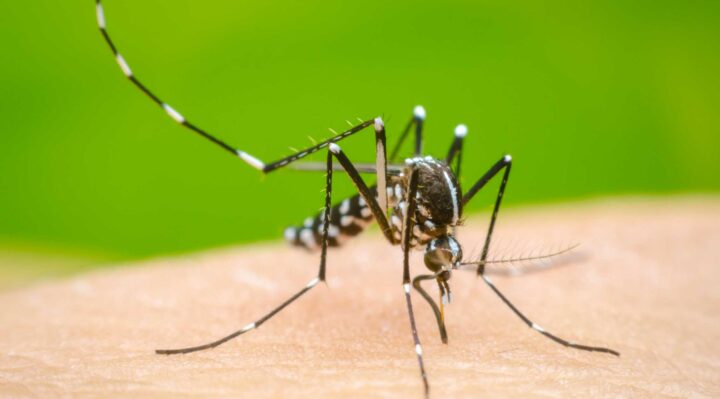
Dengue Fever: Fear of dengue, malaria, and other illnesses has increased since the monsoon season began in some regions of the nation. Just as the monsoon season is starting, numerous instances of dengue fever have been reported throughout the nation. Because there is an abundance of stagnant and dirty water during the monsoon, the danger of dengue increases. This gives mosquitoes the perfect environment for reproduction, which increases the number of infections.
Is High Fever A Major Symptom Of Dengue?
A high temperature is frequently mentioned as one of the most significant indicators of dengue fever while discussing the symptoms of the illness. Although symptoms can include severe headaches, pain behind the eyes, severe joint and muscle pain, fatigue, nausea, vomiting, and skin rash, which appears two to five days after the onset of fever and mild bleeding (such as nose bleeds, bleeding gums, or easy bruising), they typically start four to six days after infection and can last for up to ten days.
- severe abdominal pain
- persistent vomiting
- rapid breathing
- bleeding gums or nose
- fatigue
- restlessness
- blood in vomit or stool
- being very thirsty
- pale and cold skin
- feeling weak
When To See Doctor?
Knowing when to contact a doctor is crucial since severe dengue can be a potentially fatal illness.If you have had a fever and any of the warning signs appear, or if you have recently travelled to an area where dengue fever is known to exist, get medical help right away. Severe stomach discomfort, vomiting, trouble breathing, or blood in your gums, nose, vomit, or faeces are warning signals.
Dengue Prevention Tips
- Wear loose-fitting, long-sleeved shirts and trousers, and use bug repellents.
- Take preventative measures to shield your family and yourself from mosquito bites.
- If you sleep outside of your room, you can also use a bed net.
- Dengue normally starts to show symptoms two weeks following a mosquito bite, so if you experience any symptoms, get medical help right once.
- For the purpose of keeping mosquitoes from breeding, change the water in your plants at least once every week.
- To keep the water from becoming contaminated, tightly cover all tanks, containers, and spaces used for storing water.


